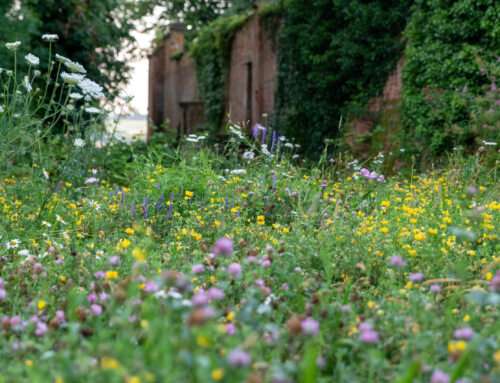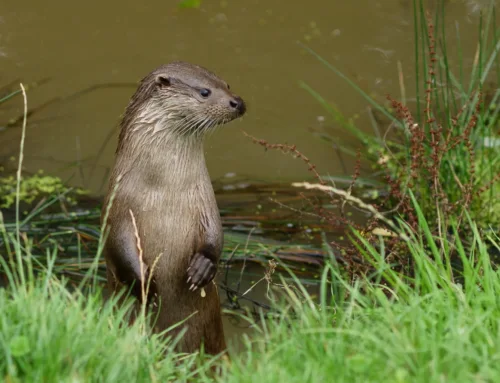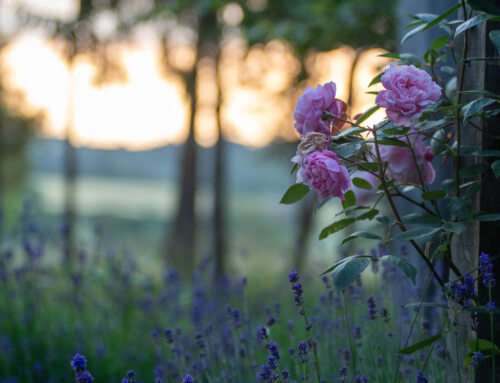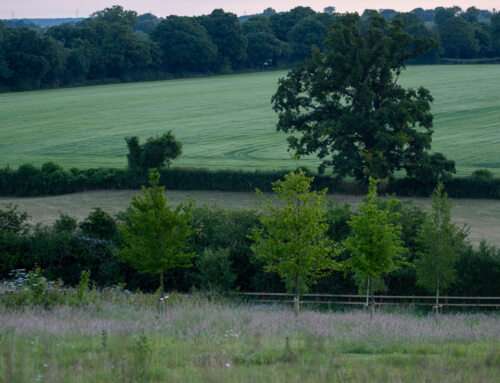Connecting with Nature
By Rachel Jackson
As we continue to head into February, we start to see the tell-tale signs of Spring approaching. The days are getting longer, the weather is becoming mildly warmer, and the first green shoots start to appear through the soil, bringing much needed colour back into our gardens and natural landscapes. It is usually at this time of year that I start yearning to escape my man-made surroundings and start going on outdoor adventures again. I am usually not alone in feeling this way about Spring, in fact it is a very common way of feeling connected to nature.
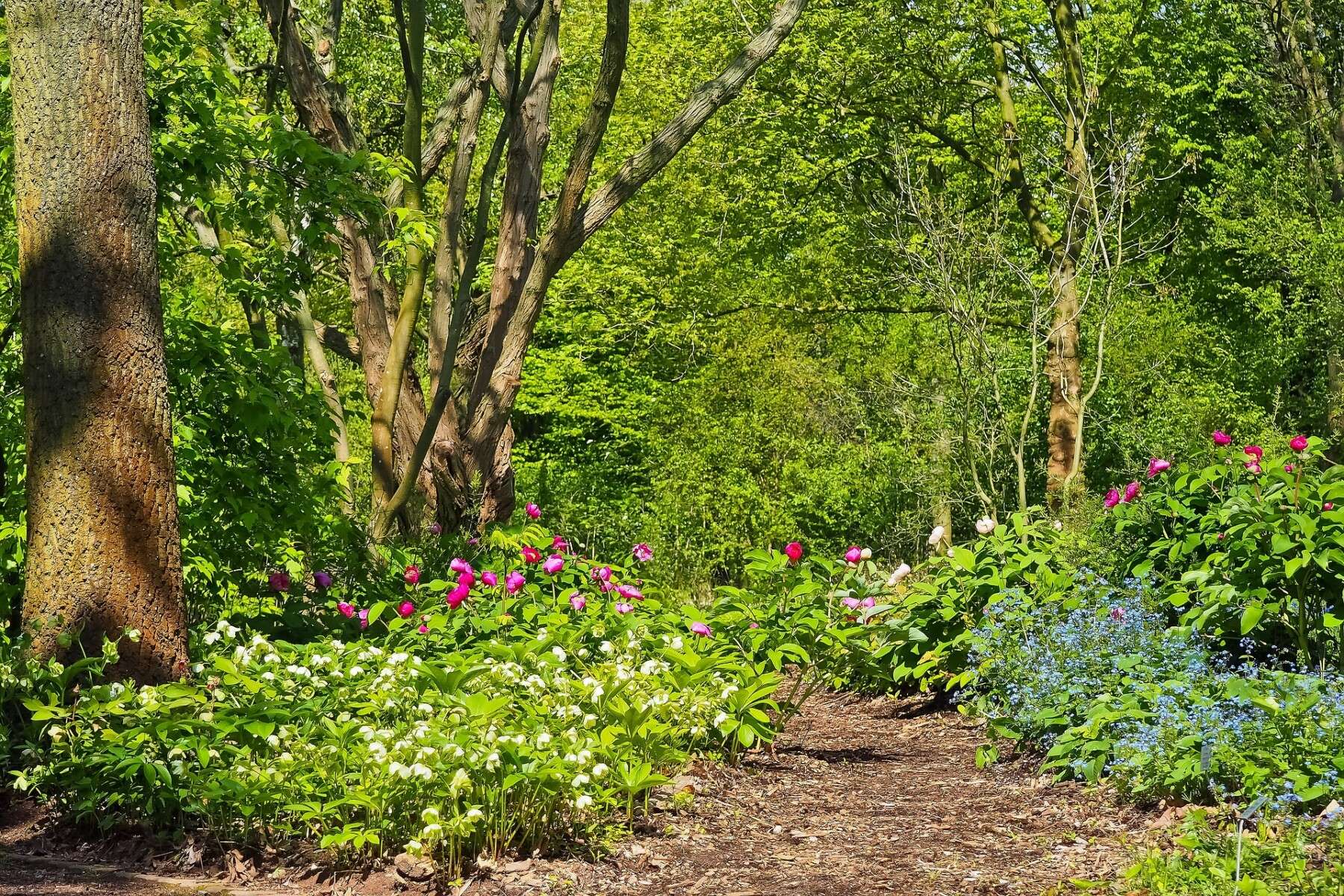
Nature connection is a term used to describe human interactions with nature. This includes how we think and feel when we experience nature and how much we care about protecting it. The need and desire to connect with nature is a global trait found in every culture on the planet. It is biologically hardwired into us to find ways to connect and feel the physical and psychological benefits from that connection. It has only been since the industrial revolution that we have become disconnected from our natural surroundings in favour of man-made features instead.
Approximately 85% of the UK’s population lives in an urban settlement. In general, people who live and work in modern, post-industrial societies spend 90% of their time indoors. A population that is disconnected from nature will not care for wildlife or the natural environment, or will want to take larger steps such as taking action on climate change. This is not a UK-only phenomenon and it is becoming an increasingly larger global problem. So how can people find ways to connect to nature and what benefits would this provide?
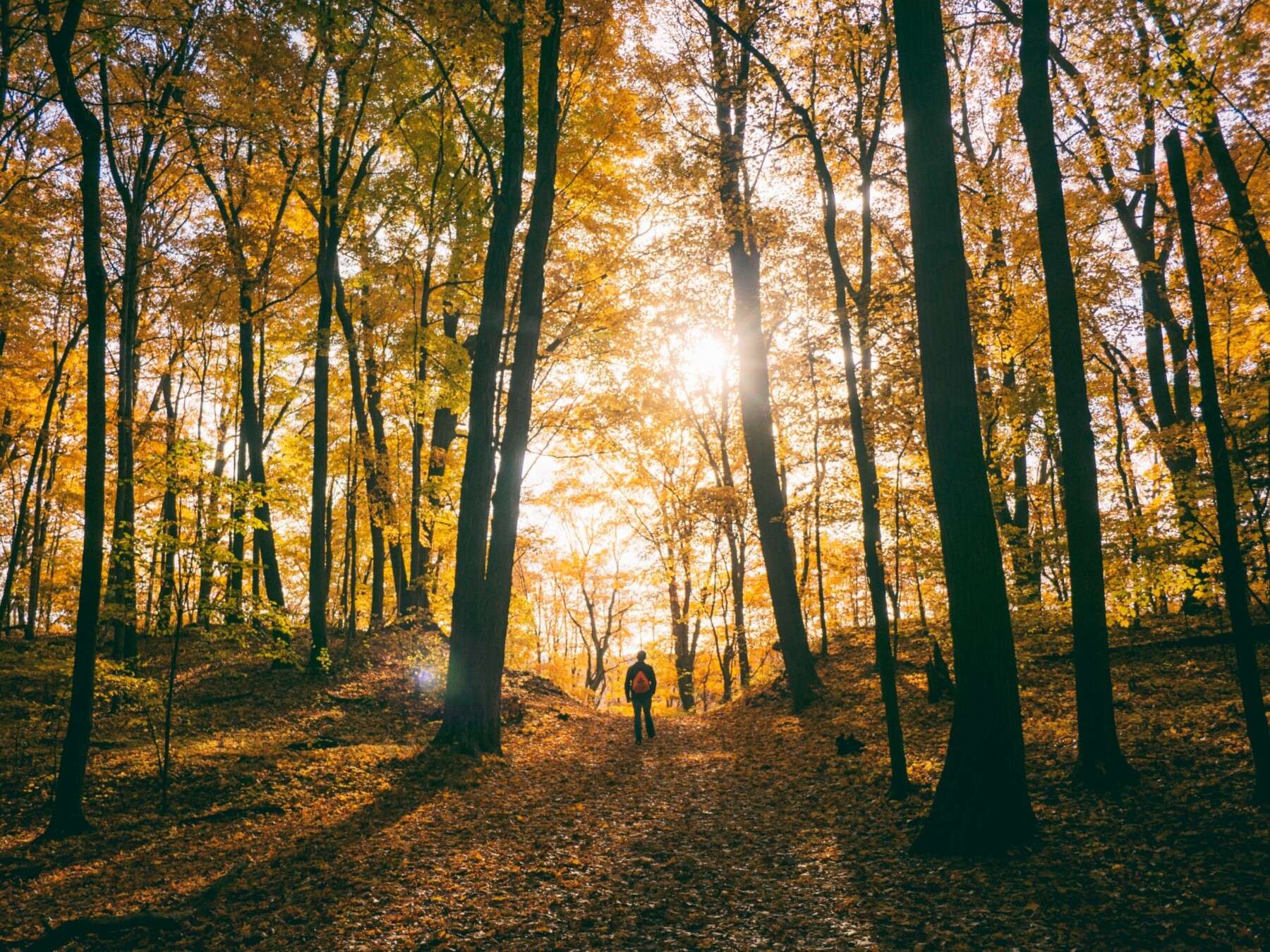
There are many well publicised benefits to nature connection, with the majority relating to the effects on mental health and physical wellbeing. It is well known that a walk in the woods or your local park can bring a sense of serenity and contentment. GPs in Scotland have even started prescribing spending time in nature to ease the symptoms of depression and ADHD, and time spent in nature was essential for many people during the first lockdown of the COVID-19 pandemic. Other general benefits for individuals include greater vitality and happiness, greater satisfaction in life, greater sense of purpose, and more pro-environmental behaviours. There is also a growing body of evidence that nature connection can create societal change. Communities that have a strong connection to their natural surroundings have lower crime rates, reduced rates of xenophobia, and stronger social cohesion and interaction.
The University of Derby published the Nature Connection Handbook in May 2022 which provides useful information and steps on how to reconnect to nature on an individual level. One of the best ways to improve your nature connection is to experience your surroundings through your senses. What can you hear, see, smell and touch? Spend time listening to birdsong, or study and take pictures of flowers, or collect fallen leaves and feel the differences in their shapes and textures. Nature connection is more than just going for a walk in a scenic location; you have to try and connect with your surroundings on a sensual and emotional level to start feeling the benefits of your time spent outdoors. You don’t necessarily need to have knowledge of what you are hearing or seeing (although it doesn’t hurt to know), it is more about how you feel during the experience.
There are several easy ways to start establishing your connection to nature. Simply examining the stars in the night sky, basking in the sunlight on a warm day or noticing the signs of the changing seasons are all ways of reconnecting. Improving your surroundings by encouraging wildlife into your garden, or bringing potted plants into your home are easy and accessible ways to find your connection. Creating biophilic spaces within you homes and work spaces can not only help you feel your nature connection, but it can also help improve concentration, creativity and productivity.
My personal favourite way to reconnect with nature is to celebrate it. You can join in with already established nature celebrations such as the summer solstice or yule. Or you can be creative and find your own way to celebrate the joy you get from being outdoors. Hopefully, it won’t be long until we can start planning the first BBQ or garden party of the year. This could be the perfect time to take in your surroundings and realise just how much colour is in your garden, or how many birds you can hear.
The way you choose to find your connection with nature can be a very personal and meaningful journey. It is never too late to start your journey and begin experiencing all the benefits that nature can provide.
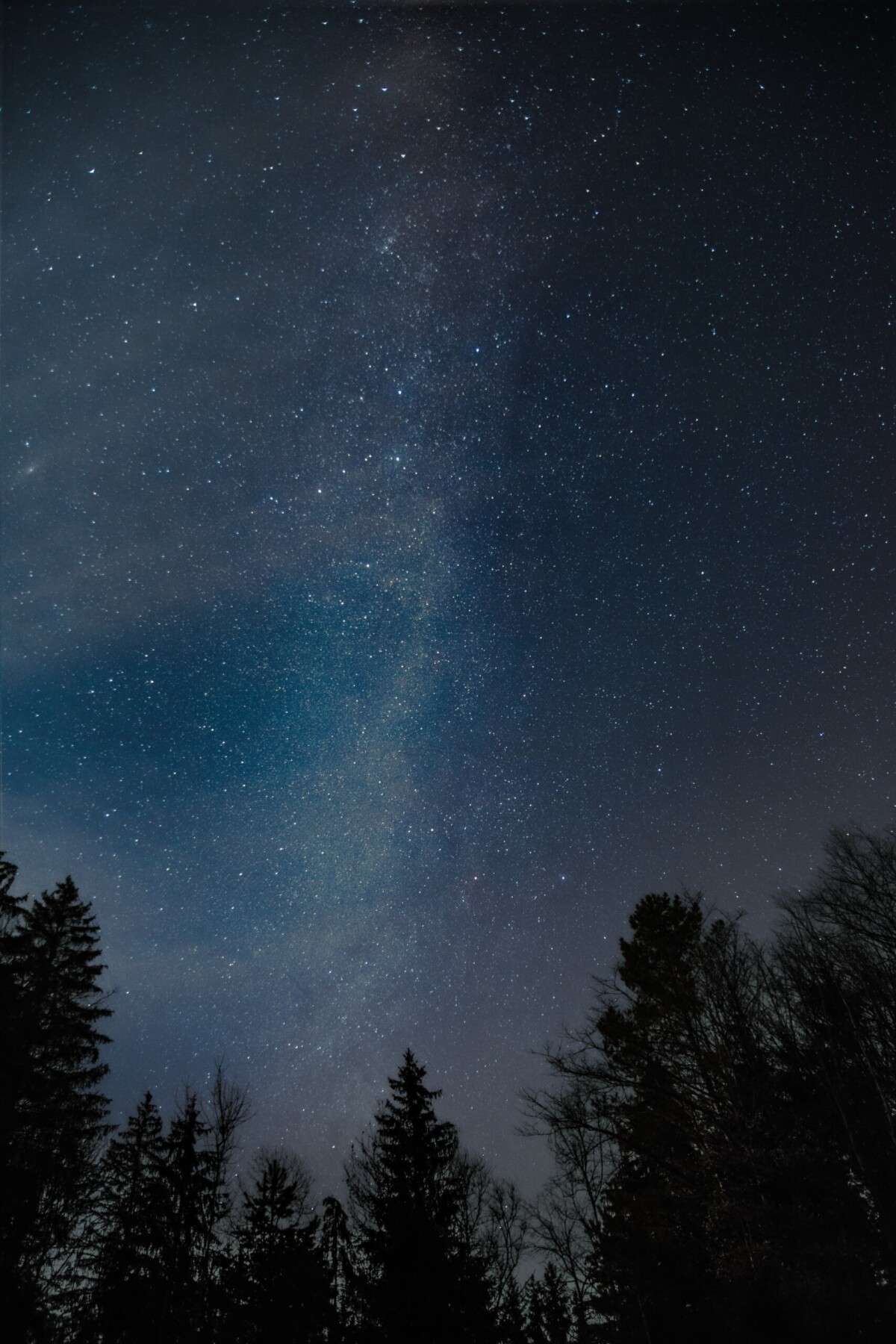
References
Richardson, M., and Butler, C.W. (2022). The nature connection handbook: A guide for increasing people’s connection with nature, University of Derby. [Accessed at: bit.ly/NatureConnectionHandbook.]
Sandifer, P.A., Sutton-Grier, A.E. and Ward, B.P. (2015). Exploring connections among nature, biodiversity, ecosystem services and human health and well-being: opportunities to enhance health and biodiversity conservation. Ecosystem Services, 12: 1(15)
